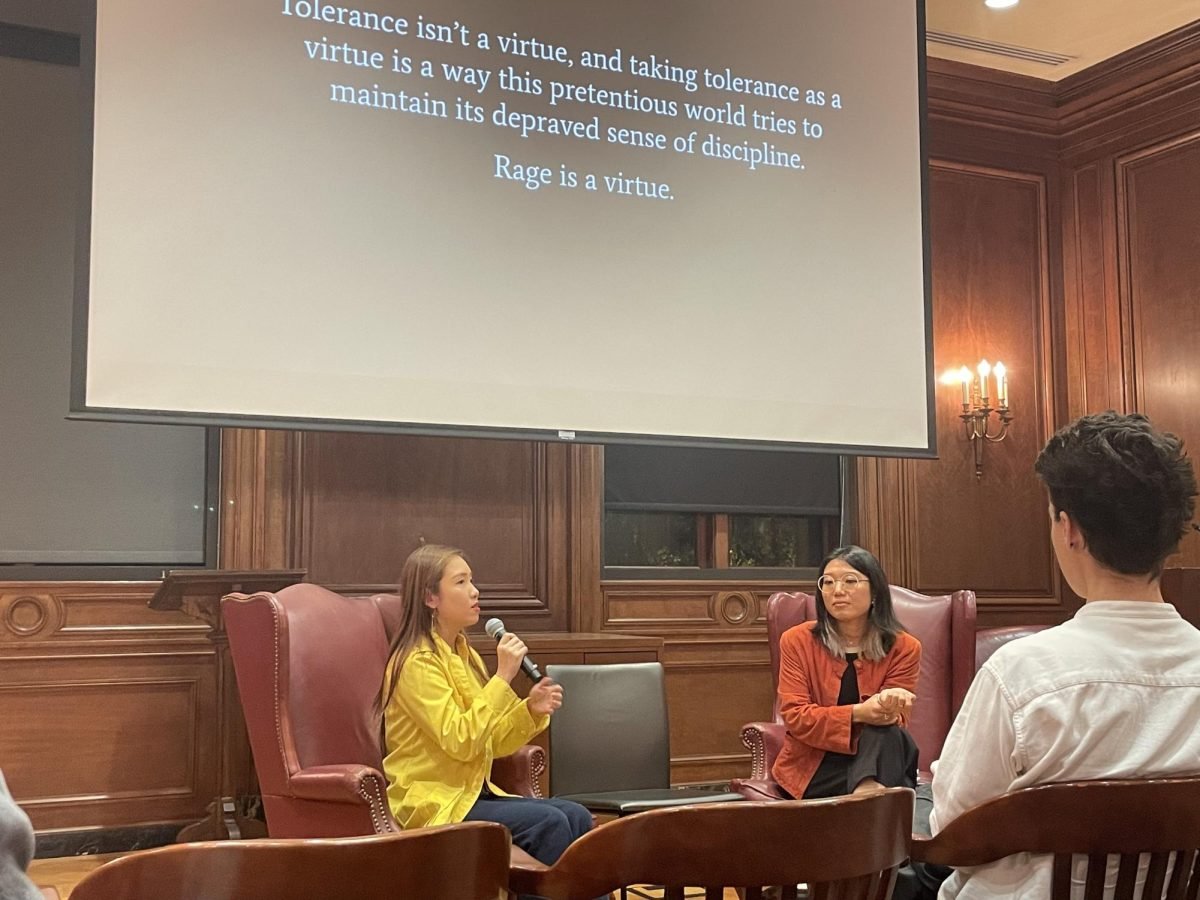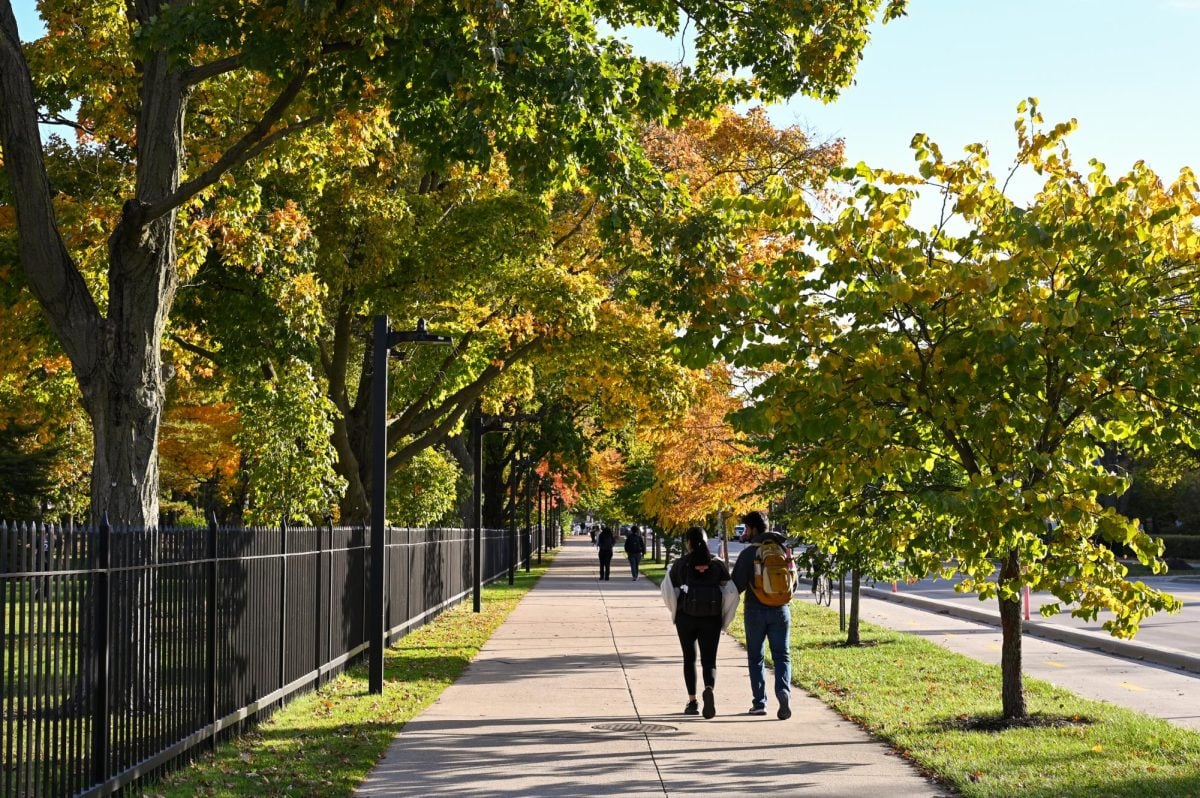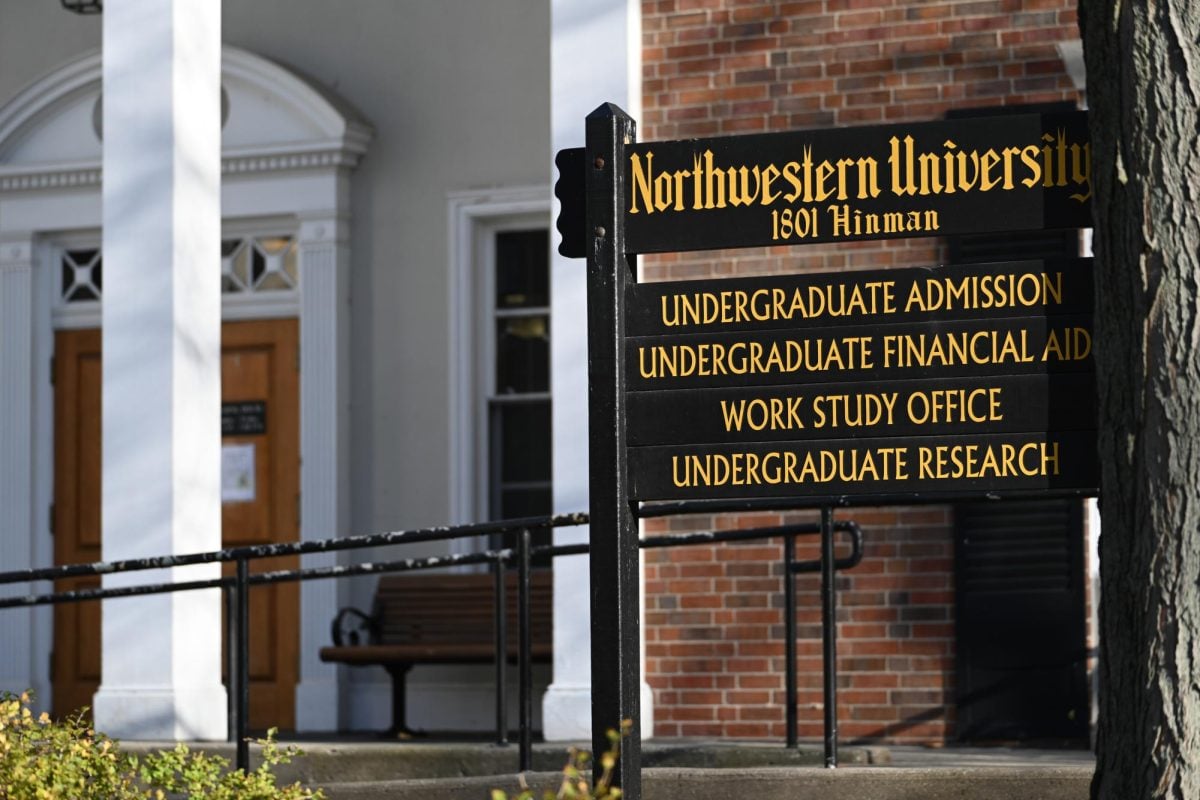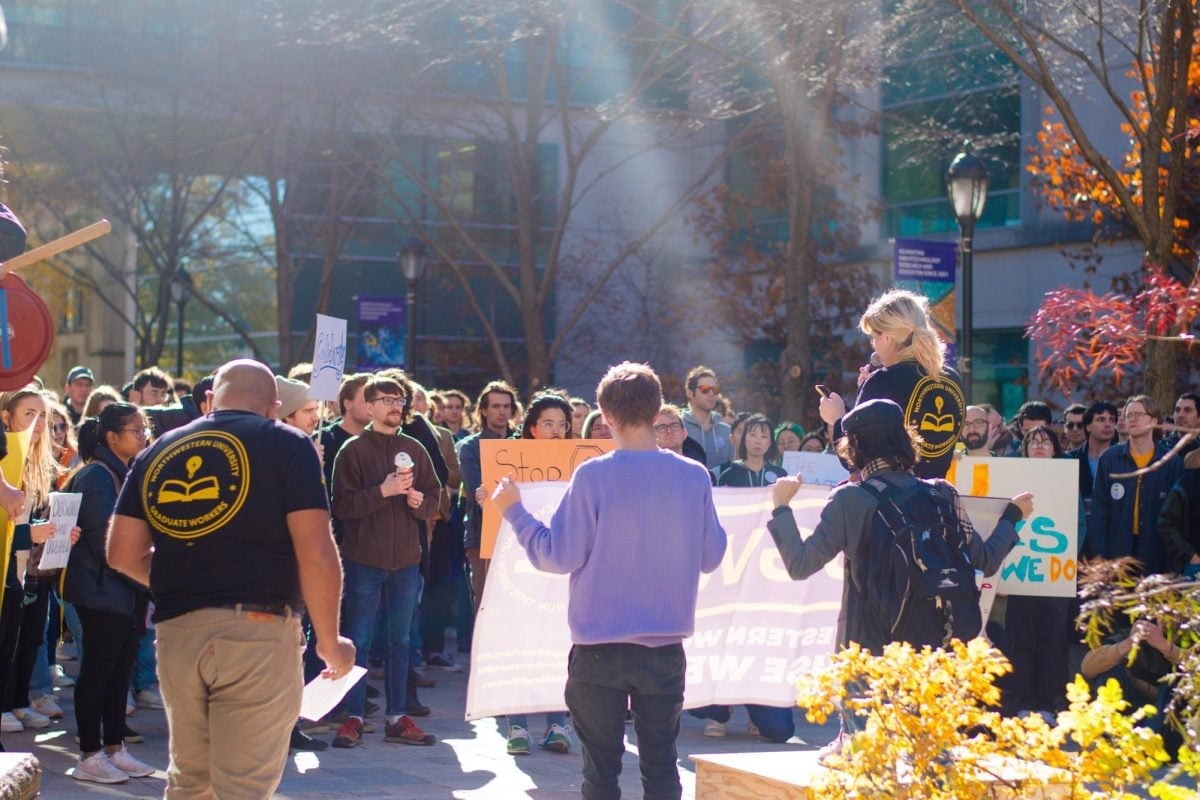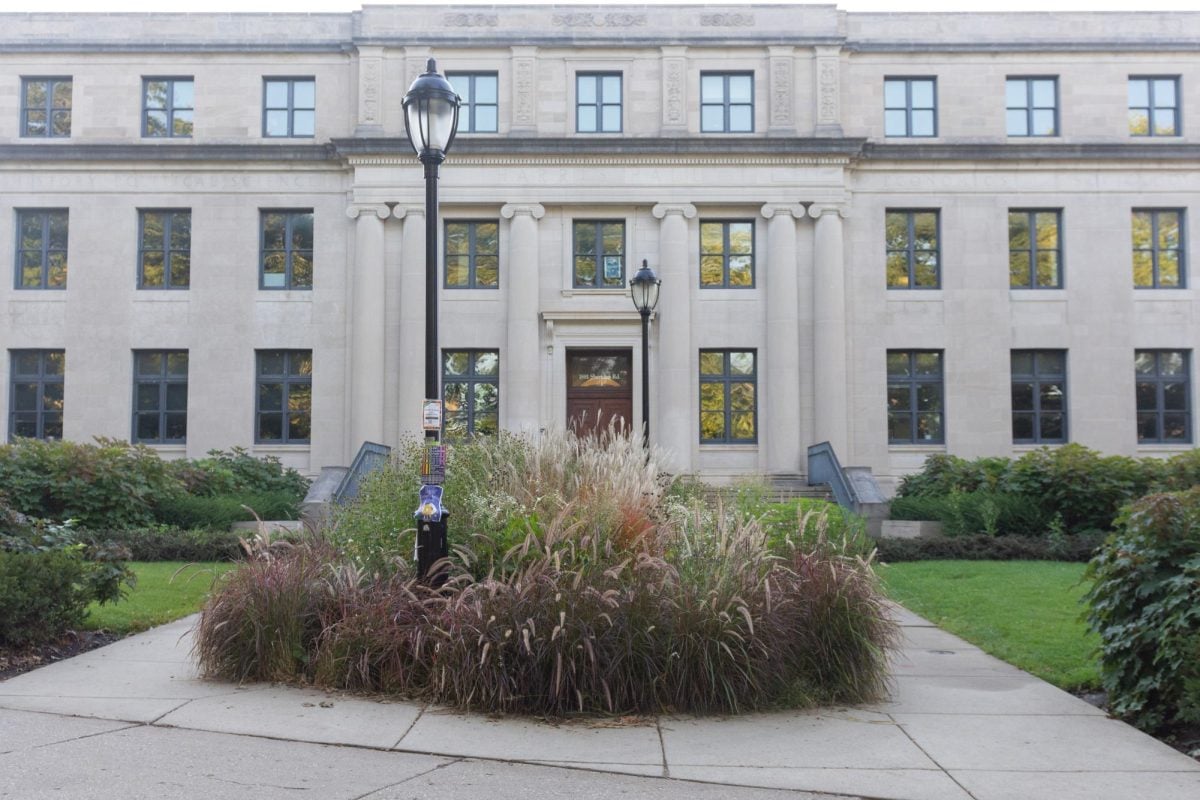Jenna Tang, translator of the Taiwanese novel “Fang Si-Chi’s First Love Paradise, shared insights in Harris Hall on Monday about her experience translating the famed book about underaged sexual grooming. She said maintaining the integrity of Chinese across languages was most difficult in the translation process.
The conversation, moderated by Chinese literature and culture Prof. Paola Zamperini, focused on the relationship between Chinese and English within the novel.
The event was sponsored by the Department of Asian Languages and Cultures, the China and Sinophone Studies Society, the East Asia Research Forum, the Gender and Sexuality Studies Program and Taiwan’s Ministry of Culture.
Written originally in Chinese, the semi-autobiographical novel by Lin Yi-han is one of the most prominent books in Taiwan’s #MeToo movement. Tang’s English translation of the novel was published earlier this May.
Having sold millions of copies and won various literary awards, “Fang Si-Chi’s First Love Paradise” is Lin’s first and only book. After publishing her novel in February 2017, she died by suicide two months later.
“The challenge of this process was not consulting the author,” Tang said. “There are so many parts of language that are intentionally twisted in very specific ways that I’m sure the only author would know. But all I have here as a translator is my own reach and my own interpretations.”
The story follows a 13-year-old girl, Si-Chi, as she is sexually abused in an after-school program by her Teacher Lee, who is 37 years her senior. Si-Chi copes with her abuse by telling herself she loves Teacher Lee.
Si-Chi’s story is an example of sexual grooming, which Tang described as a situation in which power dynamics are used to emotionally manipulate someone, despite legal complications because of survivor consent.
“There’s so much love mentioned throughout the novel, but it’s actually the lack of love, and not having enough love for some of these characters, that causes them to have to go through these emotional turbulences,” Tang said.
After it was initially published, discourse surrounding the novel caused after-school teachers in Taiwan to have to go through background checks and reveal their legal names, Tang said.
When Taiwan’s #MeToo movement began in Spring 2023, Lin’s book became a mainstay in the movement. In mainland China, #MeToo is censored. Tang said many use the Chinese equivalent, #FangSiChi, instead.
While translating, Tang said she ran into difficulties conveying literary parallels that make sense in Chinese, but not English. She intentionally changed some character names to enhance the reading experience, she said.
Tang said Si-chi is spelled with a “ch” instead of as Si-qi so English readers could correctly pronounce her name. Si-chi’s neighbor Iwen, a survivor of domestic violence, had her name changed from the traditional spelling of Yi-wen because she may have been confused with her abusive husband, Yi-wei. Iwen, with “I” in her name, gives her autonomy, Tang said
When directly translated from Chinese, Tang said the novel’s title is “Fang Si-Chi’s Playground.” She said she thought paradise implied a false “ideal world,” which fit better than the direct translation.
Tang’s translation has proved useful for English-speaking audiences. Zamperini teaches “Fang Si-Chi’s First Love Paradise” in her Chinese literature courses.
“I was looking for books that I could bring to my students in English,” Zamperini said. “I actually had been waiting for the translation of this novel for seven years, since it first came out in Chinese.”
Weinberg freshman Livia Rou is excited to read the novel in English. An international student from China, Rou first read “Fang Si-Chi’s First Love Paradise” in middle school.
She said the novel completely altered her perception of feminism, gender and sexuality.
“The tension, but also support between female figures, I feel is the thing that moved me a lot,” Rou said. “They kind of put me into the perspective of how a homosocial relationship for women would look like.”
Update: This story has been updated to include all the event’s sponsors.
Email: [email protected]
X: @mayaw0ng
Related Stories:
— Authors John Green and Rebecca Makkai share writing experiences at Chicago Humanities Festival
— Former Poet Laureate Natasha Trethewey reflects, explores recent book at Chicago Humanities Festival
